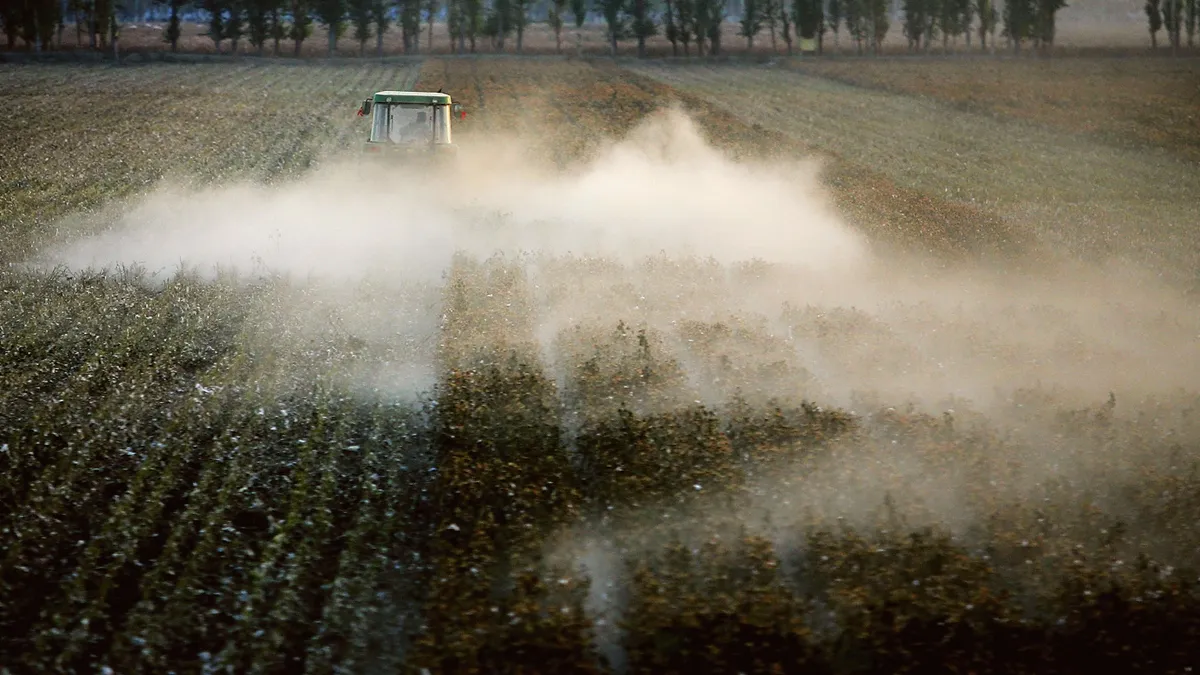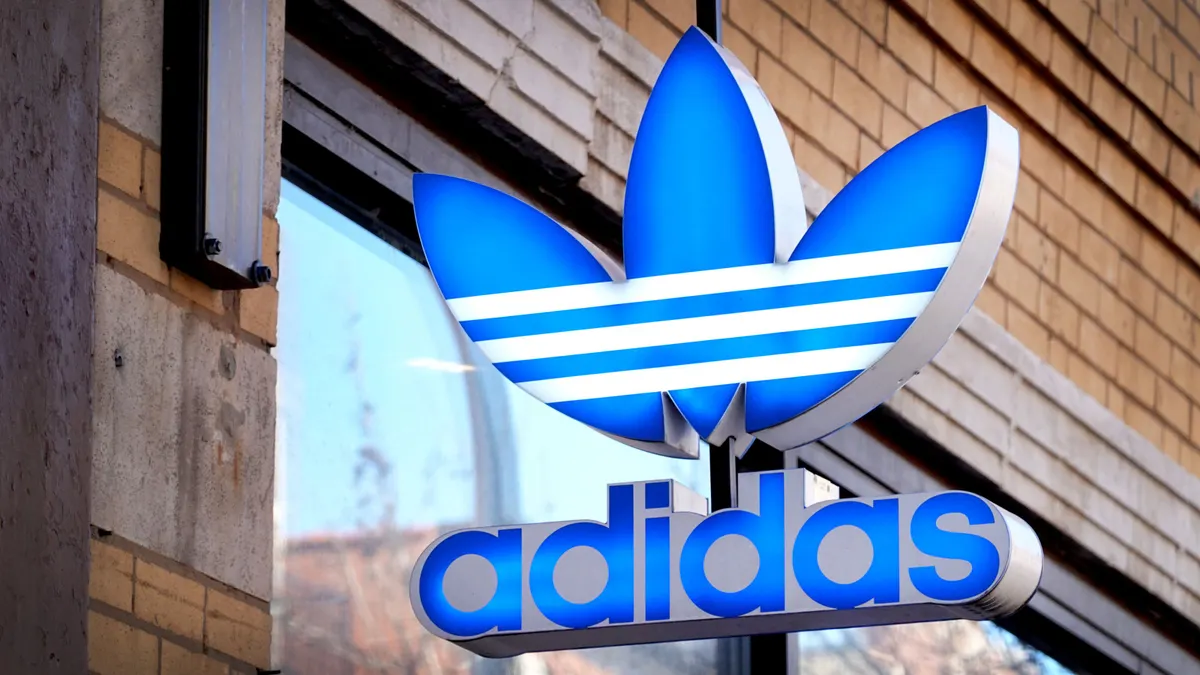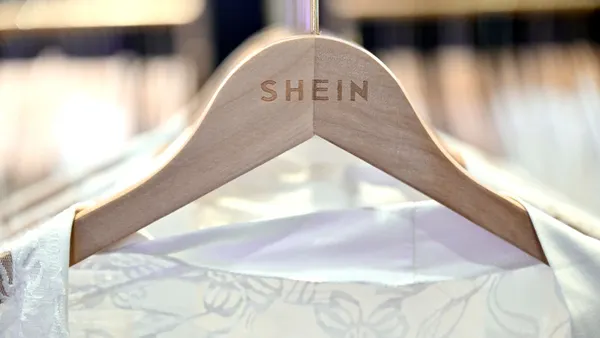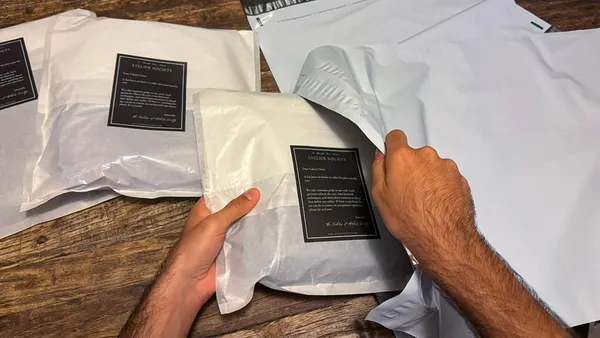Workwear brand Carhartt is ramping up its efforts to transition to a more responsible and sustainable cotton sourcing model.
The apparel maker announced last month that it is leveraging nonprofit Textile Exchange to help improve its cotton sourcing practices. The partnership also led Carhartt to partner with the U.S. Cotton Trust Protocol and Better Cotton.
Carhartt joined the U.S. Cotton Trust Protocol to gain greater traceability over the cotton used in its products, “allowing for increased transparency and greater insights into its supply chain,” according to the press release.
Meanwhile, its membership with supply chain certifier Better Cotton will enable Carhartt to support efforts that help farmers use water more efficiently, reduce the use of harmful chemicals, and better care for natural habitats and workers’ well-being, per the release.
“The U.S. Cotton Trust Protocol allows us to trace the cotton in our gear back to U.S. farms, while promoting that growers adopt a range of practices that improve soil health,” Gretchen Valade, director of sustainability at Carhartt, told Supply Chain Dive in an email.
She added that Carhartt is “transitioning by fabric platform using our existing supply chain partners” and is continuing to explore responsibly sourced materials to better impact the environment.
Cotton sourcing has been a topic of discussion and scrutiny across supply chains, prompting companies like Better Cotton to create platforms that help fashion and textile brands gain better visibility and tracking transparency over their procurement operations.
Despite such efforts, sustainable sourcing can still be a challenge. A year-long investigation by nonprofit Earthsight found that cotton grown on stolen and deforested land in Brazil was identified in garments sold by H&M and Zara parent company Inditex, despite being approved by Better Cotton. The deforestation investigation prompted Better Cotton to audit previously certified cotton farms.
Meanwhile, last month textile technology company FibreTrace partnered with agriculture company Cargill and retailer Target to better track the origin of cotton fibers. The technology will mark Brazilian raw cotton with luminescent pigments which create a signature that can be traced across the supply chain.












